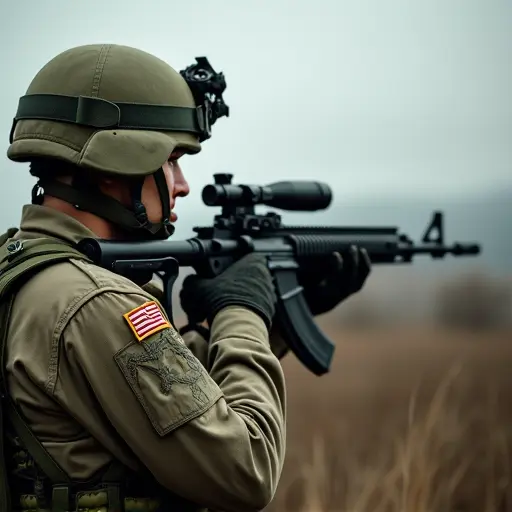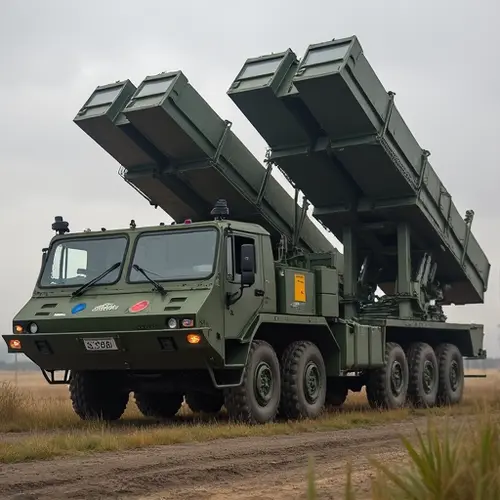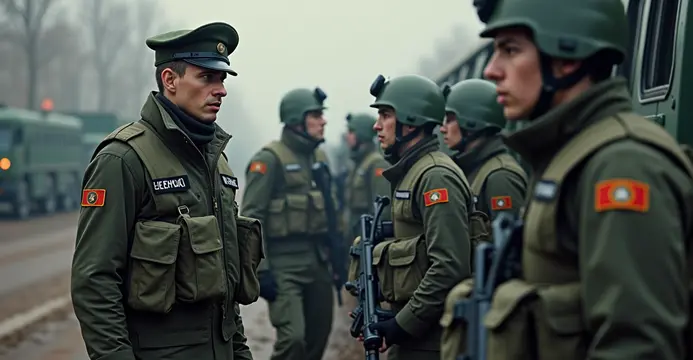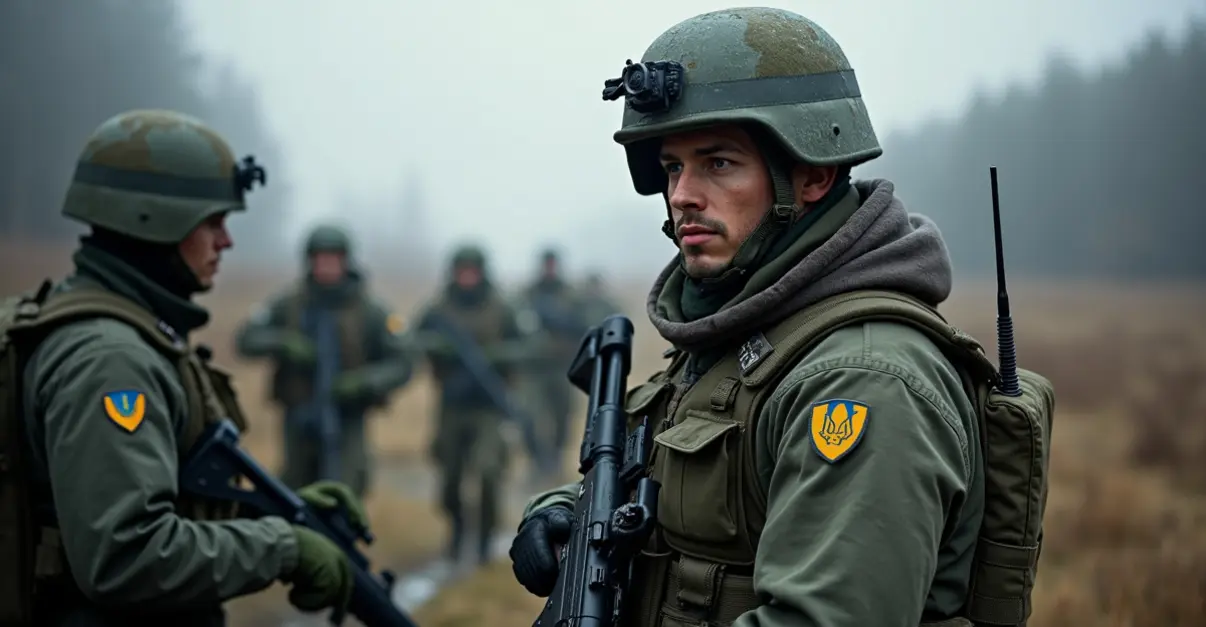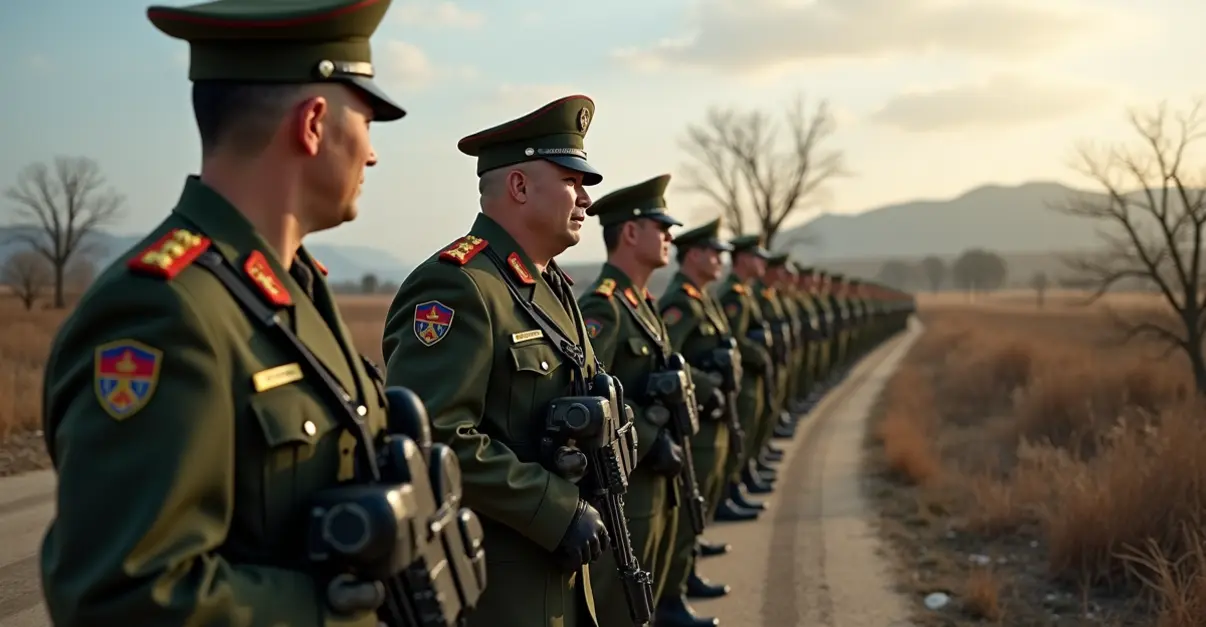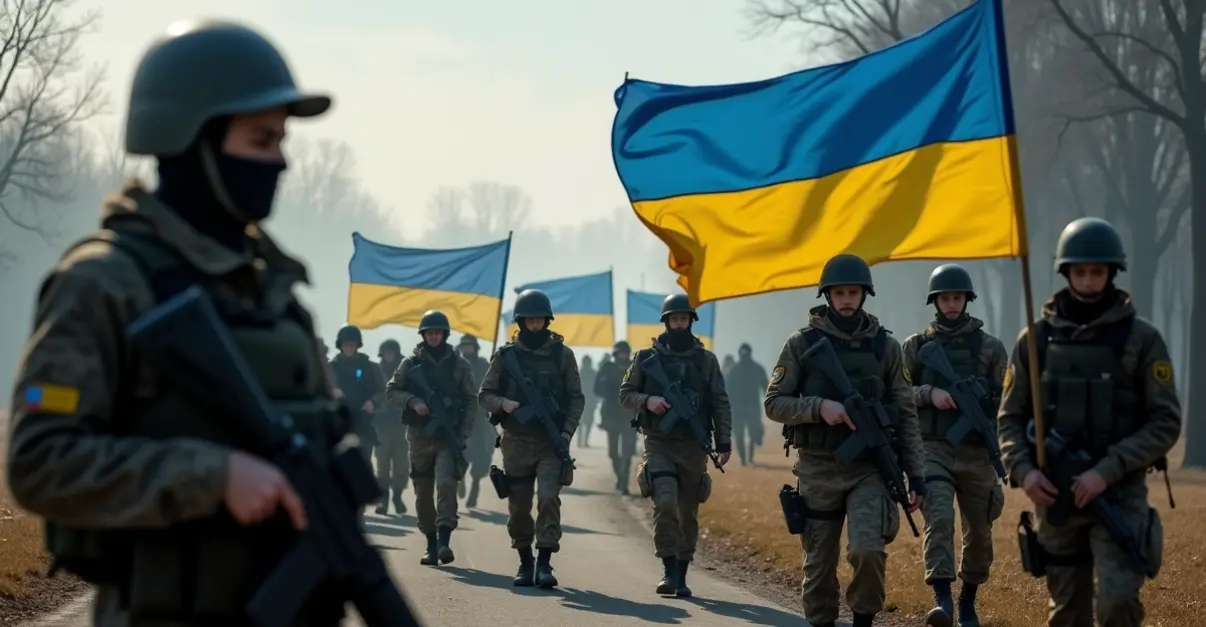
European Commission Outlines Detailed Security Plans
European Commission President Ursula von der Leyen has revealed that European nations are developing "fairly precise plans" for potential military deployment in Ukraine as part of post-war security guarantees. In an exclusive interview with the Financial Times, von der Leyen confirmed that these plans have full support from the United States, with President Trump repeatedly assuring European leaders of American "backup" support.
Coalition of the Willing Takes Shape
The initiative, known as the "Coalition of the Willing," involves 31 countries committed to providing enhanced security guarantees for Ukraine. This coalition goes beyond the Ukraine Defense Contact Group by pledging readiness to participate in peacekeeping forces on Ukrainian territory once a comprehensive ceasefire or peace deal is signed with Russia.
High-Level Paris Meeting Scheduled
Key leaders including German Chancellor Friedrich Merz, British Prime Minister Keir Starmer, NATO Secretary General Mark Rutte, and President Emmanuel Macron are scheduled to meet in Paris this Thursday to further develop these security plans. The meeting follows recent discussions between President Zelensky and US leadership at the White House.
Ukrainian Forces as Core Deterrence
Von der Leyen emphasized that Ukrainian armed forces should form the core of any deterrence force. The European Commission is actively seeking new funding mechanisms to support the Ukrainian military, including adequate salaries and modern military equipment procurement.
Geopolitical Context and Russian Opposition
Ukraine has consistently demanded concrete security guarantees from Western nations as a precondition for any peace agreement with Russia. These guarantees would potentially include ground troops. Russian President Vladimir Putin has categorically rejected any notion of NATO troop deployment in Ukraine's defense.
The development comes amid ongoing peace negotiations mediated by the United States and represents a significant shift in European security policy regarding the Russo-Ukrainian conflict.

 Nederlands
Nederlands English
English Français
Français Deutsch
Deutsch Español
Español Português
Português



